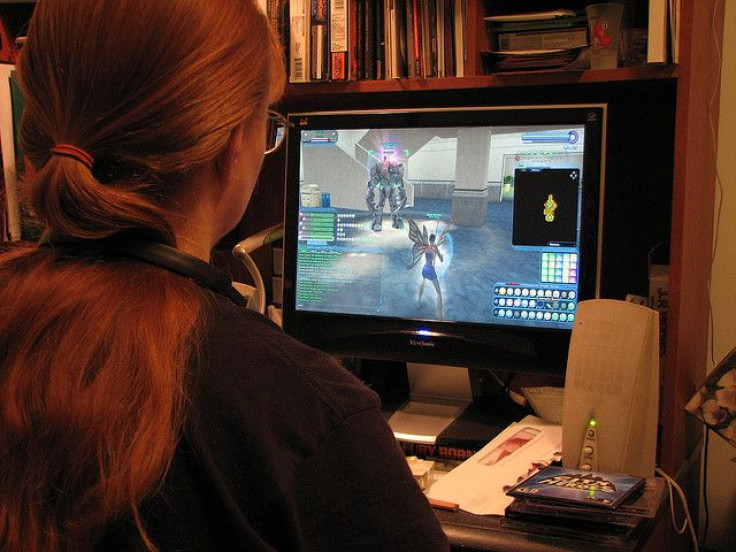Standing Up To The Voices: Psychiatrists Are Using Computer Avatars To Help Schizophrenics Control Their Illness

Computer avatars have been a staple of video games for years, but now researchers in the UK are using them to develop a new kind of therapy for people with schizophrenia. In a pilot study of 16 patients, researchers at University College London developed an "avatar therapy" system, whereby the schizophrenic patients created computer-based avatars with a face and voice to represent the voices they think they hear, Reuters says. The system lets a therapist talk to the patient through the avatar in real time, which encourages the patient to stand up to the voice and take control of the hallucination, Reuters adds.
"Even though patients interact with the avatar as though it was a real person, because they have created it they know that it cannot harm them, as opposed to the voices, which often threaten to kill or harm them and their family," said the therapy's developer, Julian Leff, in a press briefing. "The therapy helps patients gain the confidence and courage to confront the avatar, and their persecutor."
In the study, almost all 16 patients reported they heard the voices less and were less distressed when they did hear them, Reuters says. Three of the patients stopped hearing the voices completely. And each therapy session was recorded and given to the patients as MP3 files so they can listen to it whenever they feel the need, Reuters adds. It's like having a therapist in your pocket, Leff said.
The Wellcome Trust has now given Leff's group a $2 million grant to test avatar therapy in a larger group of patients, Reuters says. Thomas Craig, researcher at the Institute of Psychiatry at King's College London, is getting ready to lead the larger study. "The beauty of the (avatar) therapy is its simplicity and brevity," he told Reuters. "Most other psychological therapies for these conditions are costly and take many months to deliver."
The auditory hallucinations that are a hallmark of the illness are the most difficult, and the most disturbing, trait of the disease to treat, Craig added. If avatar therapy is successful in the larger trial, it could prove to be the solution many psychiatrists have been waiting for. What's more, given that the tecnology is simple and most psychiatrists already have the skills needed to implement it, the therapy could be available within a few years, Reuters says.



























